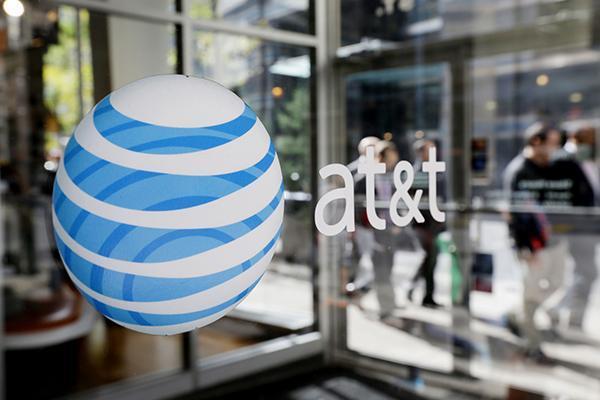AT&T joined with Current, powered by GE, and Southern Company subsidiary Georgia Power to test intelligent lighting solutions in Atlanta. The Atlanta smart city project adds momentum to the growing smart city movement in progress across the U.S.
Utilities are pivotal players in Smart City initiatives, which, technologically speaking, provide ample opportunities for telecom and high-tech vendors and developers to test and prove new IoT and fixed line and wireless broadband technology.
That’s the case in Atlanta, where the smart street lighting project partners are using the AT&T Smart Cities framework as the foundation for rolling out an intelligent lighting solution throughout the city, AT&T highlights in a news release.
"Utilities are critical to the success of building smarter cities across the region - and the country," AT&T Smart Cities GM and Executive Director Mike Zeto pointed out.
"Our Smart Cities framework brings together utilities, economic development organizations, research institutions, tech companies, the developer community and, of course, the cities themselves. This helps drive real value to cities and their citizens."
Atlanta Smart City Plans
Last February AT&T announced it would join with program partners to showcase AT&T Smart City framework’s potential in several "spotlight" cities and universities. That included Atlanta, the Georgia Institute of Technology, Chicago and Dallas.
Leveraging the AT&T Smart City framework, the City of Atlanta and Georgia Power will deploy a pilot version of GE Current’s new IoT sensor platform and roll out 1,000 LED lights that can be controlled via wireless networks in five Atlanta areas. The end goal is three-fold, the partners explain:
•Mobility - reduce traffic congestion and decrease average commute times
•Public safety - improve response time and reduce crime in defined areas
•Environment - Reduce emissions and greenhouse gases
Georgia Power chairman, president and CEO Paul Bowers noted that the smart street lighting project with AT&T and GE Current is the latest in the utility’s efforts to forge a new Smart City digital infrastructure for Atlanta.
"Connected cities become smart cities only by focusing investments like reliable and adaptive grids that enhance our ability to offer the best service and products for our customers," he commented.

